By Swill Mavua
The emerging xenophobic threat against Igbos in Lagos is a pressing concern that requires immediate attention from stakeholders. This is obviously a fallout from the 2023 general election, which seems headed for a crisis level. This is further complicated by recent renaming of streets bearing Igbo legacies by some Local Council Development Areas (LCDAs) in Lagos, which has sparked controversy and tension. This move has been perceived as an attempt to erase Igbo history and culture from the city’s fabric.
The renaming of streets has been met with strong opposition from the Igbo community, who view it as a deliberate attempt to marginalize and exclude them from the city’s narrative. One notable name change is the Charlie Boy Bus-Stop, which has sparked serious outrage. Amongst others, Some of the renamed streets along the Lekki axis include:
- Augusta Orji Street along Aro Ologolo Road, now known as Alhaji Adio Mayegun Street
- Chike Mba Close in Osapa London, now known as Hon. Sikiru Ashorota Close
- Ugochukwu Orji Street in Igbo Efon, now known as Barr. Wale Sanni Street
- Fubara Dublin Green Street in Igbo Efon, now known as Rafiu Olukolu Street
Several prominent figures have spoken out against the street renaming, citing ethnic resentment and political motivation. Some of these individuals include:
- Babafemi Ojudu former senator and renowned journalist, who condemned the renaming spree as “politically motivated and rooted in ethnic resentment.” He called on Bola Ahmed Tinubu to act on the matter with immediate despatch.
- Omoyele Sowore, human rights activist and former presidential candidate, who described the exercise as “xenophobic” and a “calculated political vendetta”
- Femi Falana, human rights lawyer, who called the renaming unlawful and undemocratic, emphasizing that renaming without due process violates constitutional provisions
Beside the streets renaming came the provocatively unsigned statement issued by a group that ascribed Yoruba Elders Progressive Council (YEPC) to themselves. That unsigned statement apparently threatening the Igbos in Lagos has raised serious concerns of Igbophobia and a possible replay of pre-1967 civil happenings in Nigeria.
Outraged by the statement, in a strongly worded statement, the renowned Bolaji Akinyemi called on Lagos State governor to speak up as his silence is encouraging Igbophobia in Lagos. He titled his statement thus: “Lagos is a Land of Law, Not Tribal Lords: A Rebuttal to the So-Called Yoruba Elders Progressive Council (YEPC).
However. Ndigbo Lagos, the umbrella body coordinating all Igbo organizations in Lagos State, has called for unity, justice, and mutual respect amidst the rising ethnic tensions. They urged the government to promote inclusivity and respect for all ethnic groups, proposing solutions such as
- Creation of an Inter-Ethnic Peace Council to mediate and advise during moments of tension
- Cultural Exchange Programs to build mutual understanding among youth
- Joint Cross-Tribal Development Projects to unify rather than divide
- Civic Recognitions celebrating contributions of all ethnic groups
Some have clarified that the phrase “Lagos is a no man’s land” did not originate from the Igbo community as an insult to Yoruba heritage. Instead, it was attributed to Jaja Anucha Wachukwu, Nigeria’s first Speaker of the House of Representatives, in the 1960s, who used the term to reflect the capital’s federal character and promote inclusivity.
The emerging xenophobic threat against Igbos in Lagos requires immediate attention and action from stakeholders. It’s essential for the government to promote inclusivity, respect, and understanding among all ethnic groups. By working together, Lagosians can build a more harmonious and united community, where everyone feels seen, heard, and valued. Governor Babajide Sanwo-Olu’s administration must prioritize maintaining peace and harmony in the city, ensuring that all residents feel welcome and included.


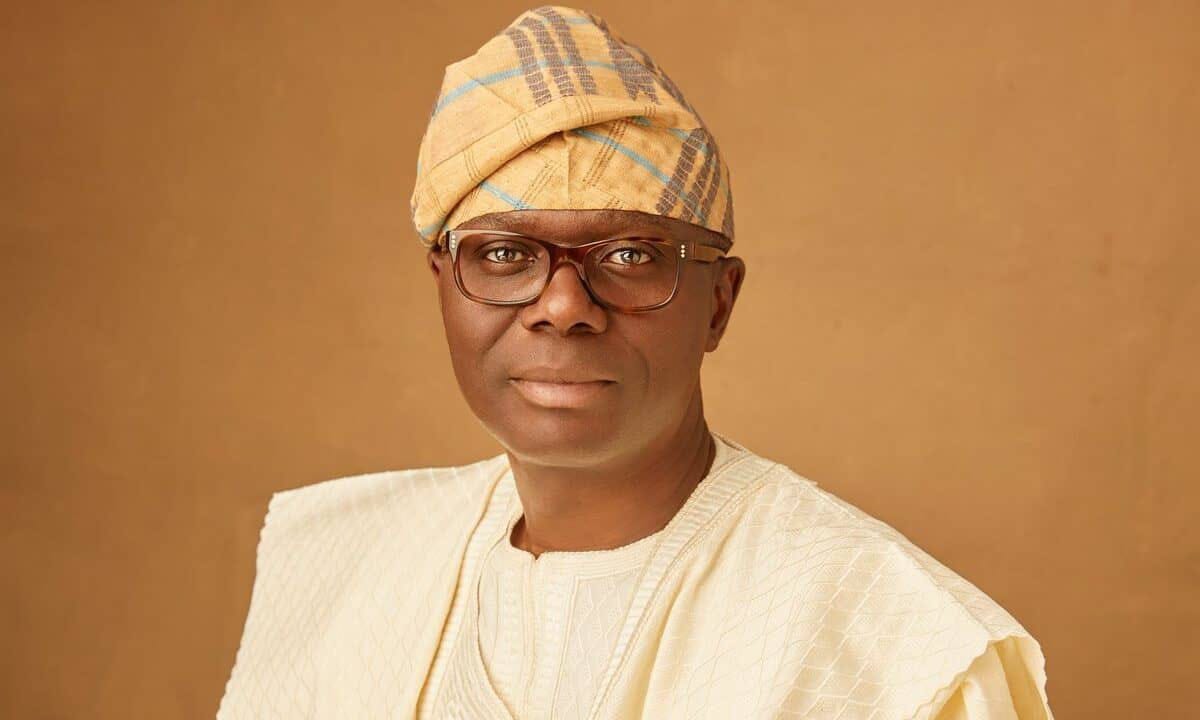
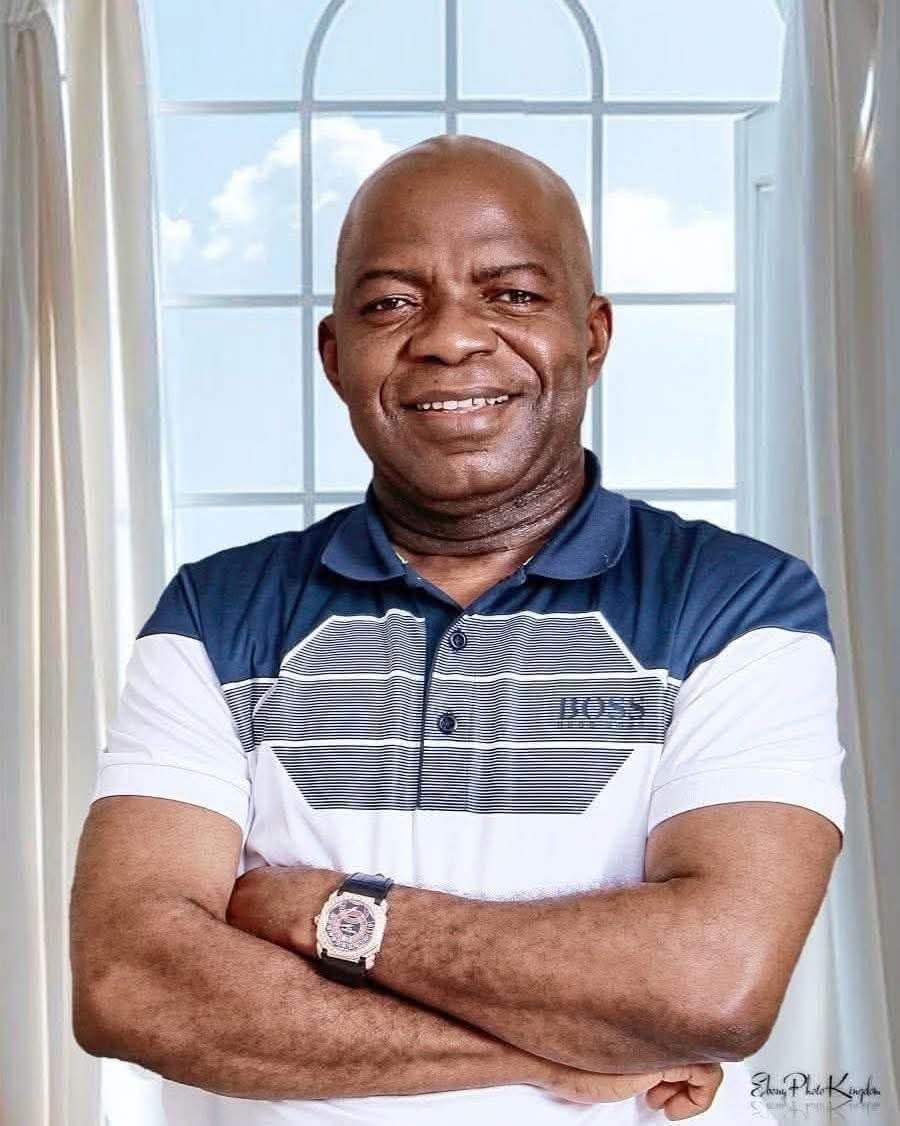
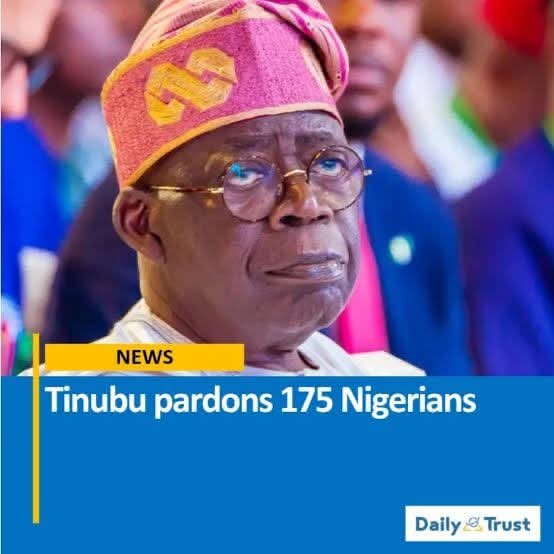
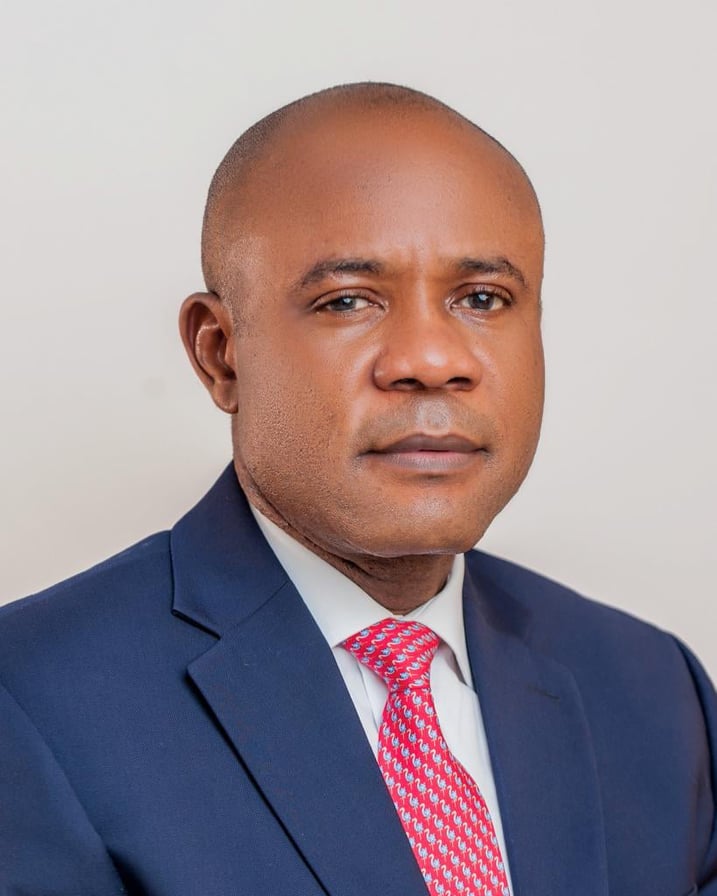
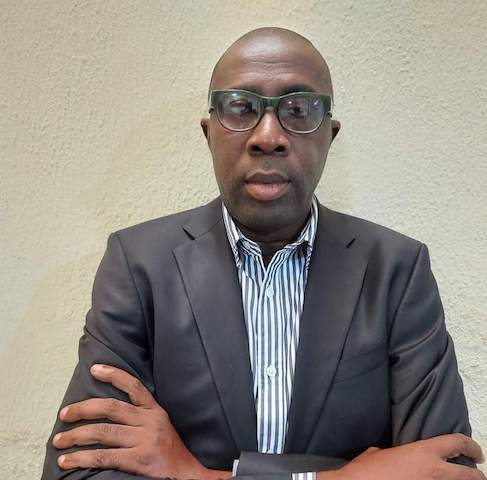

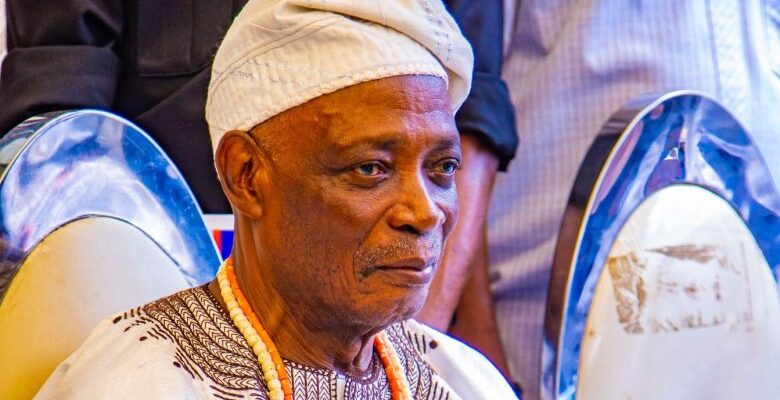



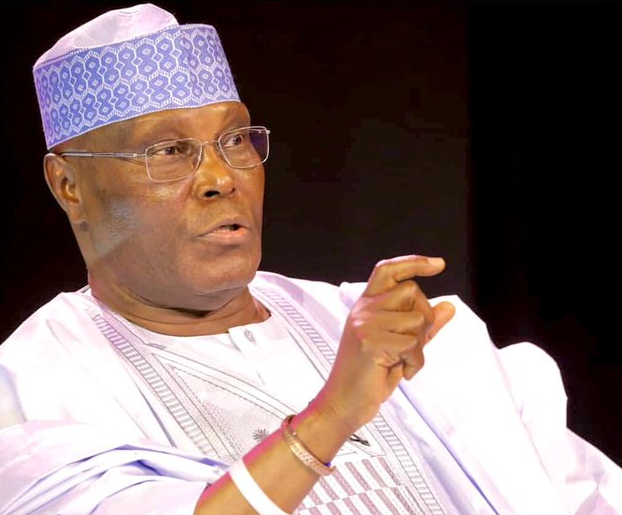
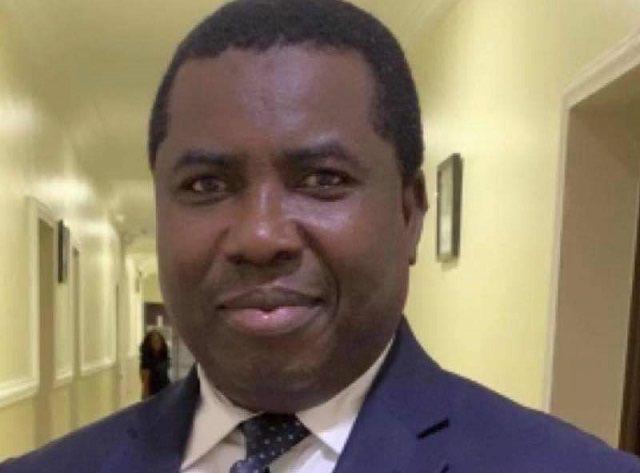
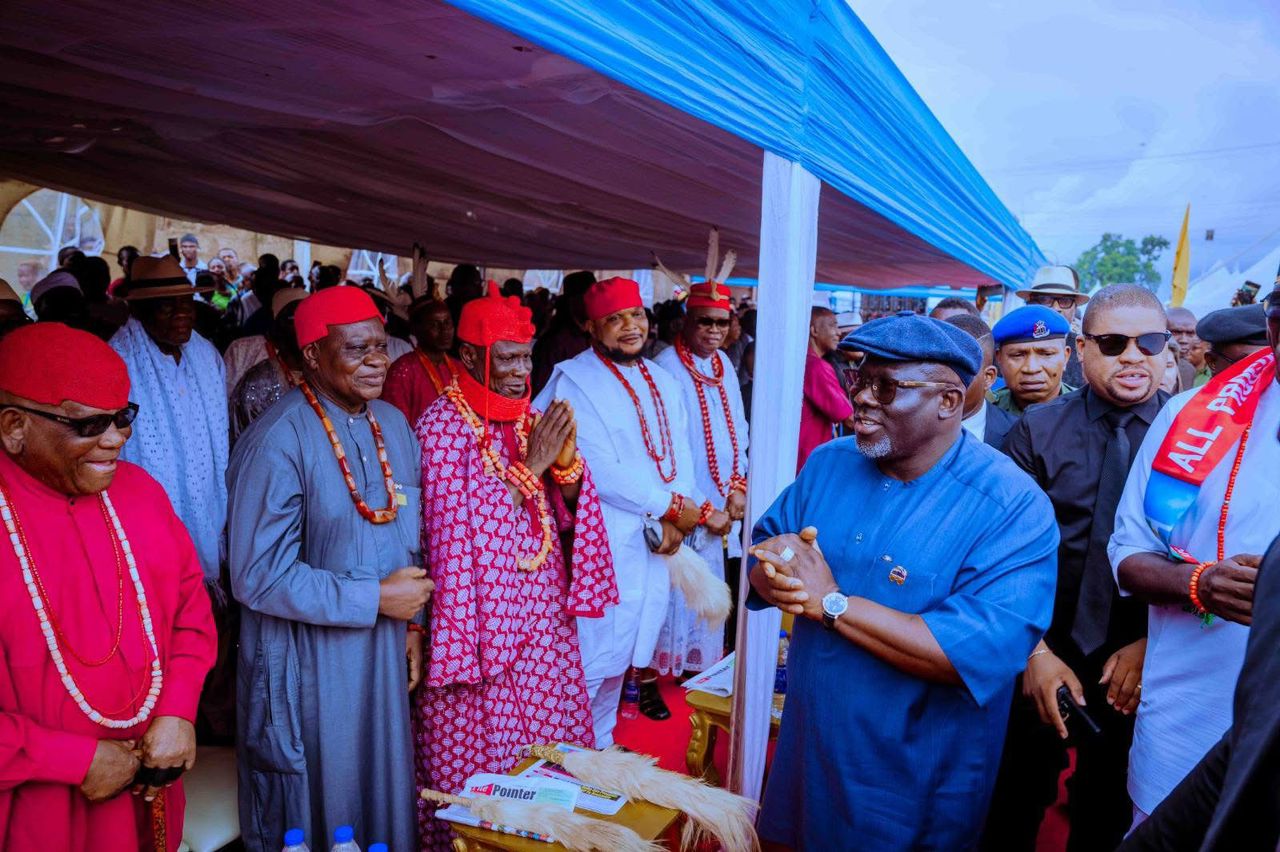
Leave a Reply